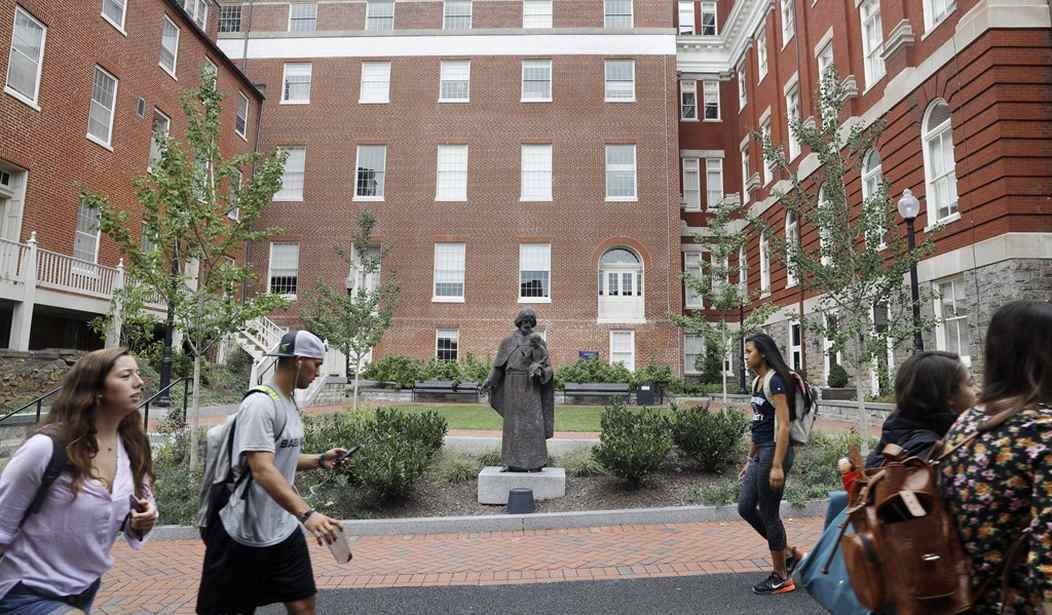Being exposed to words and opinions that might make some people uncomfortable is a feature – not a bug – of a vibrant democracy.
Robust engagement is key to a free and civil society—particularly on college and university campuses. If students all think alike, there won’t be much to talk about in the classroom. The nation needs more contrarians in academia: professors who break the mold and help reverse the intellectually-crippling trend of shying away from or avoiding certain topics altogether.
Even former mayor of New York City Michael Bloomberg has noticed this dangerous trend on campuses; as he says in a recent column, “One of the most disturbing aspects of the retreat from liberal political discourse can be found on the training grounds for tomorrow’s leaders: college campuses.”
College administrators have the power to change that, and they should. Administrators set the tone on college campuses. It’s up to campus leaders to ensure they create an environment that upholds students’ Constitutional rights and, as a result, encourages free inquiry and debate.
A conscious effort on the part of university heads to hire outside their comfort zones and consider professors who don’t necessarily fall in line with peers on political and religious issues would go a long way in assuaging tensions on campus. In addition, hiring with an eye toward ideological diversity will help colleges and universities improve their otherwise abysmal track record of respecting students’ constitutional right to free speech. Currently, the number of ideologically center-right people on faculty in universities and colleges across the country is slim-to-none. As Richard E. Vatz, a professor at Towson University, recently wrote, “There is virtually no place for conservatives in much of academia, especially in public institutions.”
Recommended
This is far from a Sisyphean task; Supreme Court Justice Elena Kagan made great strides in bolstering ideological diversity at Harvard Law School during her tenure as the school’s dean. “She definitely made an effort to reach out to the conservative community, and made several conservative hires while she was there,” Carrie Severino, chief counsel and policy director at the Judicial Crisis Network, told the Daily Signal.
Some of the conservatives she had a hand in hiring include John F. Manning and Jack Goldsmith, as well as public servants from the George H. W. Bush and George W. Bush administrations. More deans and college presidents should take a page out of now-Justice Kagan’s book and follow her lead by adding an array of thinkers to their schools’ faculty and staff rosters. As former mayor Bloomberg notes, “Universities are about free inquiry or they are about nothing.”
The pursuit of truth usually isn’t linear – it requires testing hypotheses, rigorous investigation, and skepticism to ensure that conclusions can withstand scrutiny. Diversifying faculty is a benefit both for students as well as faculty themselves, as their work is reviewed (and criticized) by their peers – encouraging compelling arguments to be strengthened, and weaker ones to be discarded.
As Oliver Wendell Holmes Jr. once said, “The principle of free thought is not free thought for those who agree with us but freedom for the thought we hate.” To freely and openly wrestle with differing opinions is an American privilege that should be celebrated, not curtailed.
Nicki Neily is president and founder of Speech First, a nationwide membership association that defends students’ free speech rights on campus.
























Join the conversation as a VIP Member